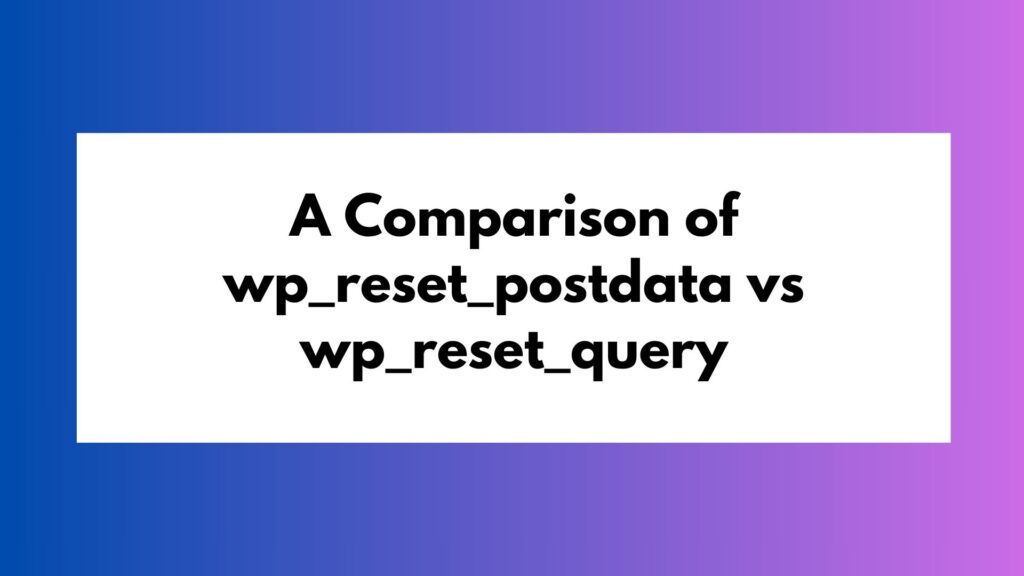
When working with WordPress, understanding the difference between home_url() and site_url() functions is essential for optimizing your website’s performance and functionality. These two functions play a crucial role in defining paths within your WordPress installation. In this article, we will delve into the key differences between home_url() and site_url(), helping you grasp their distinct purposes and when to use each.
Table of Contents
Understanding home_url()
The home_url() function in WordPress retrieves the home URL for the current site. It is primarily used for linking to the home page of your website. This function dynamically determines the home URL based on the settings specified in the WordPress admin dashboard.
Example of home_url() Usage:
Suppose you want to create a link back to the home page of your WordPress site. You can use home_url() like this:
<a href="<?php echo home_url(); ?>">Home</a>
This code snippet dynamically generates a link to the home page of your website.
Exploring site_url()
On the other hand, the site_url() function retrieves the URL of the WordPress site. It returns the URL where the core WordPress files are stored. This function is useful when you need to reference resources or files within your WordPress installation.
Example of site_url() Usage:
Imagine you need to reference an image stored in your WordPress installation. You can use site_url() as follows:
<img src="<?php echo site_url('/wp-content/uploads/image.jpg'); ?>" alt="Image">
In this example, site_url() generates the URL pointing to the image stored within the ‘wp-content/uploads’ directory of your WordPress site.
Comparison Table
Here’s a quick comparison table highlighting the key differences between home_url() and site_url():
| Criteria | home_url() | site_url() |
|---|---|---|
| Purpose | Retrieves home URL for the current site | Retrieves URL of the WordPress site |
| Usage | Linking to the home page | Referencing resources within WordPress |
| Core Files | Does not point to core files | Points to core WordPress files |
| Dynamic URL | Adjusts based on settings in admin panel | Static URL that points to WordPress site |
When to Use Each Function
- Use
home_url(): When linking to the home page of your website or creating dynamic links within your content. - Use
site_url(): When referencing resources or files stored within your WordPress installation, such as images, stylesheets, or scripts.
Conclusion
In conclusion, understanding the distinction between home_url() and site_url() functions in WordPress is crucial for efficient development and maintenance of your website. By utilizing these functions appropriately, you can ensure consistent and reliable link generation within your content. Remember to consider the specific use case and functionality required when choosing between home_url() and site_url() to enhance the user experience and optimize your WordPress site.
With this comprehensive understanding of home_url() and site_url(), you are now equipped to navigate the intricacies of WordPress development with confidence and precision.





